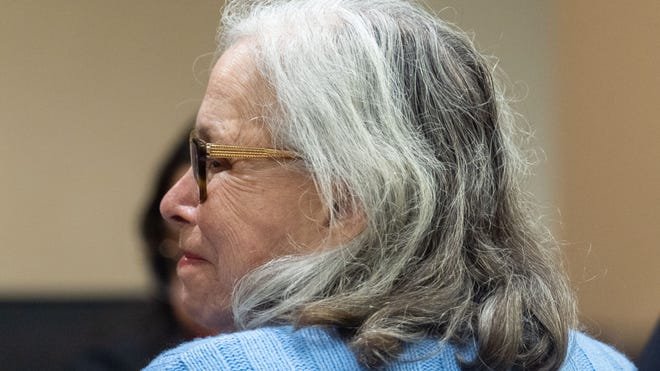
Seoul, South Korea — Dating violence in South Korea remains dangerously underserved by the law, even as awareness grows. While domestic violence has clear legal frameworks, dating violence still slips under the radar and is often classified as isolated assault rather than part of an ongoing pattern of control, leaving victims without proper recognition or protection.
Legally speaking, this lack of recognition leaves victims stranded. In 2016, the government officially acknowledged dating violence as a public threat for the first time, yet codification has remained rare and limited in scope . As a result, victims must still produce near-perfect evidence—medical documentation, recordings, witness testimony—to even have their cases considered, shifting almost the entire burden onto them.
Some modest reforms have begun to fill the gap. Since 2021, South Korea has strengthened penalties for stalking through new legislation, and in 2023 further tightened those provisions. Support services have also scaled up: integrated support centers—1,366 as of early 2024—now provide victims (especially those experiencing domestic, sexual, or digital abuse) with counseling, legal, and financial assistance . From a justice system standpoint, these developments signal progress, but they do not yet address the specific vulnerabilities of those in dating contexts.
Beyond national policy, public commitment has followed. As recently as August 2025, the Lee administration pledged to bolster support for victims of dating violence, stalking, and digital sex crimes, with plans to enhance safety and women’s rights . While laudable, the promises remain broad and implementation details for dating violence—especially legal enforcement mechanisms—are still thin.
On the ground, protective measures are still flimsy. Courts issue temporary protection orders, but victims often must prove imminent and extreme danger before being granted more lasting restraining orders. Weak enforcement mechanisms mean orders are frequently violated with little consequence. In terms of impact, the law still fails to make restraining orders a reliable shield or deterrent.
Systemic and cultural obstacles persist. Police often default to treating dating violence as a private matter, offering reconciliation rather than prosecution unless it clearly breaches the definitions of domestic abuse or stalking . Even when cases proceed, courts can hand down lenient outcomes. For example, it’s common to reduce sentences if the offender submits a remorse letter or financial compensation—even when the victim insists on pursuing justice . This practice dangerously trivializes violent behavior and reinforces the view that punishment can be negotiated away.
Cultural stigma compounds legal shortcomings. Victims—especially young women—are often told their pain stems from “choosing the wrong partner” or shamed into keeping the abuse private, reinforcing the myth that dating violence isn’t the state’s business. Support services designed for domestic violence victims, like shelters and counseling, frequently exclude those in non-marital relationships, leaving young people in dating scenarios without long-term protection options.
Few mechanisms exist to track offenders or escalate penalties for repeat dating violence. The legal system still treats many repeat offenders as first-time abusers, handing down fines or suspended sentences with no meaningful deterrent effect. Legally, this means the system sees dating violence as isolated, not serial—or worse, as forgive-able.
To sum up from a legal standpoint: South Korea has begun to recognize the problem of dating violence, with new laws on stalking, expanded victim support centers, and political acknowledgement of women’s safety concerns. But these developments remain tangentially connected. Unless dating violence is explicitly codified and punished with similar rigor as domestic abuse, unless protection orders are enforceable and meaningful, and unless repeat offenders face escalating sanctions, victims will continue to fall through gaps in both law and practice.
Author

Latest entries
 Donna Adelson Trial2025-09-05Donna Adelson Found Guilty on All Counts in Dan Markel Murder Case
Donna Adelson Trial2025-09-05Donna Adelson Found Guilty on All Counts in Dan Markel Murder Case True Crime2025-09-03Epstein Files: Survivors Break Silence on Capitol Hill
True Crime2025-09-03Epstein Files: Survivors Break Silence on Capitol Hill US2025-09-03Cardi B Assault Trial Verdict — She’s Not The Drama
US2025-09-03Cardi B Assault Trial Verdict — She’s Not The Drama US2025-08-30Jim Crow Era — Louisiana’s Split Juries Problem and the Limits of Retroactivity
US2025-08-30Jim Crow Era — Louisiana’s Split Juries Problem and the Limits of Retroactivity






